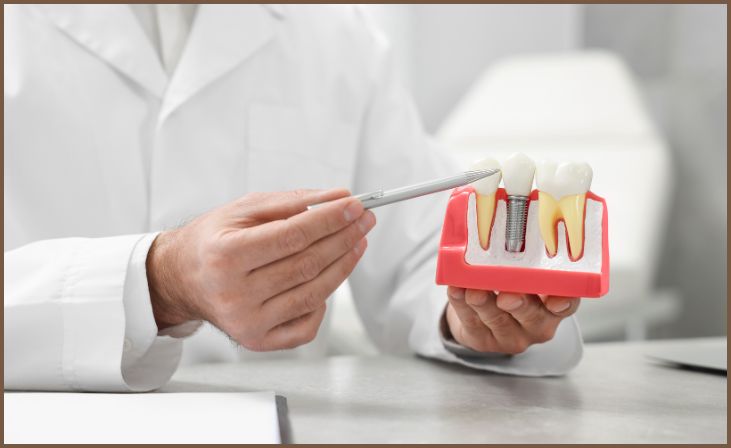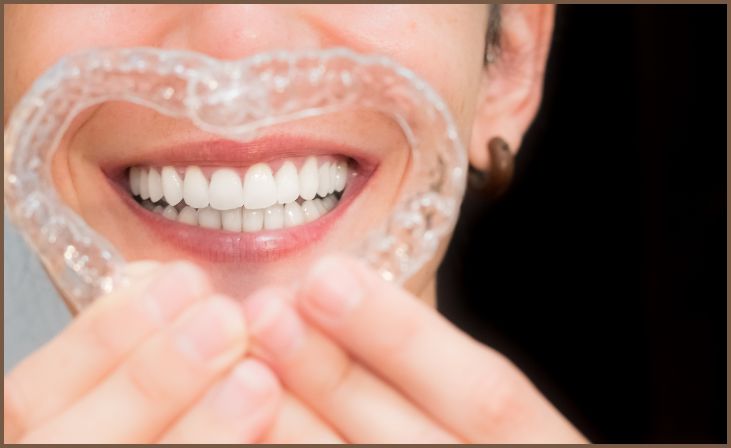Welcome to our comprehensive guide on dental wellness, where we dive deep into the essential knowledge for maintaining a healthy mouth and radiant smile. Dental health plays a crucial role in our overall well-being, yet many overlook the importance of proper oral care until issues arise. Understanding the fundamentals of dental wellness empowers individuals to take proactive steps towards preventing common dental problems and maintaining optimal oral hygiene.
In this guide, we’ll cover everything you need to know about dental wellness, from daily oral care routines and common dental procedures to tips for maintaining fresh breath and preventing gum disease. Whether you’re seeking advice on cavity prevention or exploring the benefits of regular dental check-ups, our insights and tips will help you prioritize your oral health and achieve a confident, healthy smile that lasts a lifetime.
Dental Wellness 101: Essential Knowledge for a Healthy Mouth
Understanding the Importance of Dental Wellness

Dental wellness is crucial for maintaining overall health and well-being. A healthy mouth not only allows us to eat, speak, and smile confidently but also plays a significant role in preventing oral diseases and systemic health issues. Good dental hygiene practices, regular dental check-ups, and a balanced diet are essential components of dental wellness. By prioritizing dental health, individuals can enjoy a lifetime of healthy teeth and gums while reducing the risk of dental problems and associated health complications.
Practicing Proper Oral Hygiene
Proper oral hygiene is the foundation of dental wellness. Brushing your teeth twice a day with fluoride toothpaste helps remove plaque, bacteria, and food particles from the teeth and gums, reducing the risk of tooth decay and gum disease. Additionally, flossing daily helps clean between teeth and along the gumline, where a toothbrush may not reach. Incorporating mouthwash into your oral hygiene routine can further reduce bacteria and freshen breath. By maintaining consistent oral hygiene practices, you can keep your mouth clean and healthy.
Also Read: Crucial Insights into Gum Health: Understanding Periodontal Care
Eating a Balanced Diet
A balanced diet is essential for promoting dental wellness and overall health. Consuming a variety of nutrient-rich foods, including fruits, vegetables, lean proteins, and whole grains, provides essential vitamins and minerals that support healthy teeth and gums. Limiting sugary and acidic foods and beverages, such as candy, soda, and citrus fruits, helps prevent tooth decay and erosion. Drinking plenty of water throughout the day also helps wash away food particles and maintain saliva production, which aids in protecting against cavities and gum disease.
Avoiding Harmful Habits
Certain habits can have a negative impact on dental wellness and should be avoided or minimized. Smoking and tobacco use not only stain teeth and contribute to bad breath but also increase the risk of gum disease, oral cancer, and other serious health issues. Similarly, excessive consumption of alcohol can dry out the mouth and promote bacterial growth, leading to decay and infection. By avoiding these harmful habits and practicing moderation, individuals can protect their oral health and overall well-being.
Understanding the Importance of Regular Dental Check-Ups

Regular dental check-ups are essential for maintaining dental wellness and detecting any potential issues early on. Schedule biannual dental appointments for professional cleanings and examinations to ensure that your teeth and gums are in optimal condition. During these visits, your dentist can identify any signs of decay, gum disease, or oral cancer and provide appropriate treatment or recommendations for further care. Additionally, don’t hesitate to consult with your dentist if you experience any dental pain, discomfort, or changes in oral health between scheduled appointments.
Being Aware of Dental Conditions and Treatments
Being aware of common dental conditions and available treatments is essential for maintaining dental wellness. Conditions such as tooth decay, gum disease, and oral infections can impact oral health and overall well-being if left untreated. Familiarize yourself with the signs and symptoms of these conditions and seek prompt dental care if you experience any oral health issues. Your dentist can recommend appropriate treatments, such as fillings, root canals, or periodontal therapy, to address dental problems and restore oral health.
Using Protective Measures

Using protective measures can help prevent dental injuries and maintain dental wellness. Wear a mouthguard during sports activities to protect against dental trauma and injuries to the teeth and jaw. Additionally, consider using a nightguard if you grind your teeth while sleeping to prevent wear and damage to the tooth enamel. Investing in a custom-fitted mouthguard from your dentist provides superior protection and comfort compared to over-the-counter options.
Incorporating Dental Health Education
Incorporating dental health education into your routine can help you make informed decisions about your oral health and wellness. Stay informed about the latest dental research, guidelines, and recommendations by reading reputable sources, attending dental seminars or workshops, and discussing oral health topics with your dentist. Educate yourself and your family about the importance of dental hygiene practices, healthy eating habits, and preventive dental care to maintain optimal oral wellness for life.
Seeking Professional Advice and Treatment

Finally, seeking professional advice and treatment from a qualified dentist is essential for achieving and maintaining dental wellness. Your dentist can provide personalized recommendations and treatments based on your individual oral health needs and goals. Don’t hesitate to ask questions, voice concerns, or seek clarification about any aspect of your dental care. By partnering with your dentist and following their guidance, you can take proactive steps to preserve your dental wellness and enjoy a healthy, beautiful smile for years to come.
Conclusion
In conclusion, prioritizing dental wellness is key to achieving a healthy mouth and radiant smile. By adopting proper oral hygiene practices, visiting the dentist regularly, and making informed choices about your oral care products and habits, you can significantly reduce the risk of dental problems and maintain optimal oral health throughout your life. Remember, a healthy smile not only enhances your appearance but also contributes to your overall well-being. So, embrace the principles of dental wellness outlined in this guide, and take proactive steps towards enjoying a lifetime of healthy teeth and gums.
FAQs
How often should I visit the dentist for check-ups?
It’s generally recommended to visit the dentist for a check-up and cleaning every six months to maintain optimal oral health and detect any potential issues early on.
What are some tips for maintaining fresh breath?
To keep your breath fresh, brush your teeth twice a day, floss daily, use mouthwash, stay hydrated, avoid tobacco products, and limit consumption of foods that can cause bad breath, such as garlic and onions.
